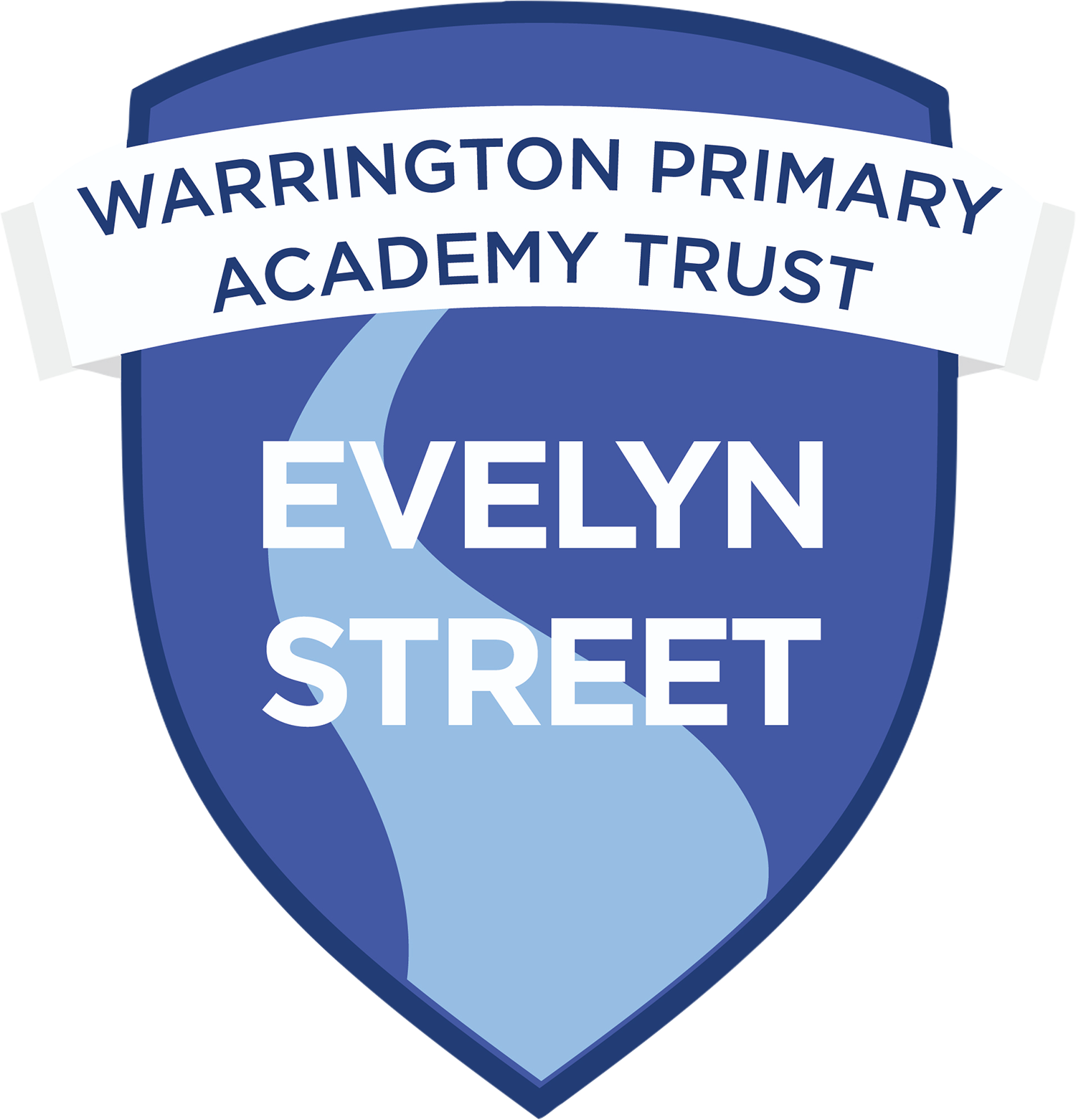Science
Why teach Science?
We believe that teaching science gives all children a strong understanding of the world around them, while allowing them to acquire the specific scientific knowledge, skills, methods and understanding, and an appreciation of the uses and implications for science, today and in the future.
Science at our school promotes investigation, questioning and hands on experiences led by children’s curiosity. Children are encouraged to ask their own questions and be given opportunities to use their scientific skills and research to discover the answers.
As children’s knowledge and understanding increases, they become more proficient in selecting and using scientific equipment, collating and interpreting results. Their ability to draw conclusions based on real evidence also grows.
We also introduce children to pioneering scientists and discuss the impact they continue to have on society and the wider impact that science makes to our world.
How we teach Science
In our dedicated science lessons teachers create a positive attitude to science learning, all the time reinforcing an expectation that all pupils are capable of achieving high standards.
We use a range of scientific enquiry skills in each area the children study and all learners are encouraged to work in science with independence and resilience. They are encouraged to question the world around them and become confident in exploring possible answers for their scientific questions. Scientific knowledge is revisited regularly, allowing children to really embed it into their long-term memories. Tasks are selected and designed to appropriately challenge all learners, in line with the school’s commitment and ambition for all children.
Children build up a specialist science vocabulary and we encourage effective questioning so that children are able to explain their understanding of scientific concepts with confidence and clarity. We reinforce science concepts by focusing on the key features of scientific enquiry, so that pupils learn to use a variety of approaches to answer relevant scientific questions using the vocabulary taught. In addition, children get the chance to complete their own research so that they can develop reading skills with purpose.
Enrichment opportunities provide memorable experiences that increase the children’s understanding of the world around them. To immerse the children in their scientific learning, they apply it practically to real-life situations. Children are offered a wide range of extra-curricular activities, visits, workshops with experts and visitors to complement and broaden the curriculum.
What your child will learn
- Scientific knowledge and understanding of science concepts through the disciplines of biology, chemistry and physics
- To independently plan and answer scientific questions about the world around them
- Understand the continuing importance of science in solving global challenges including climate change, disease control and access to water
- Recognise science provides the foundation for a range of diverse and valuable careers that are crucial for economic and environmental development
- Talk and write scientifically about their learning, relating it to their own experiences and the world around them
- Confidently and accurately use scientific vocabulary to explain their knowledge and ideas
